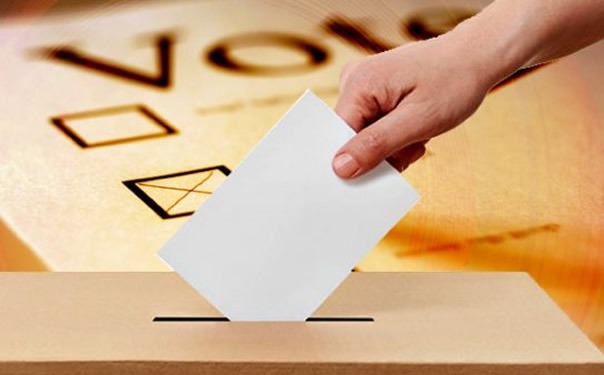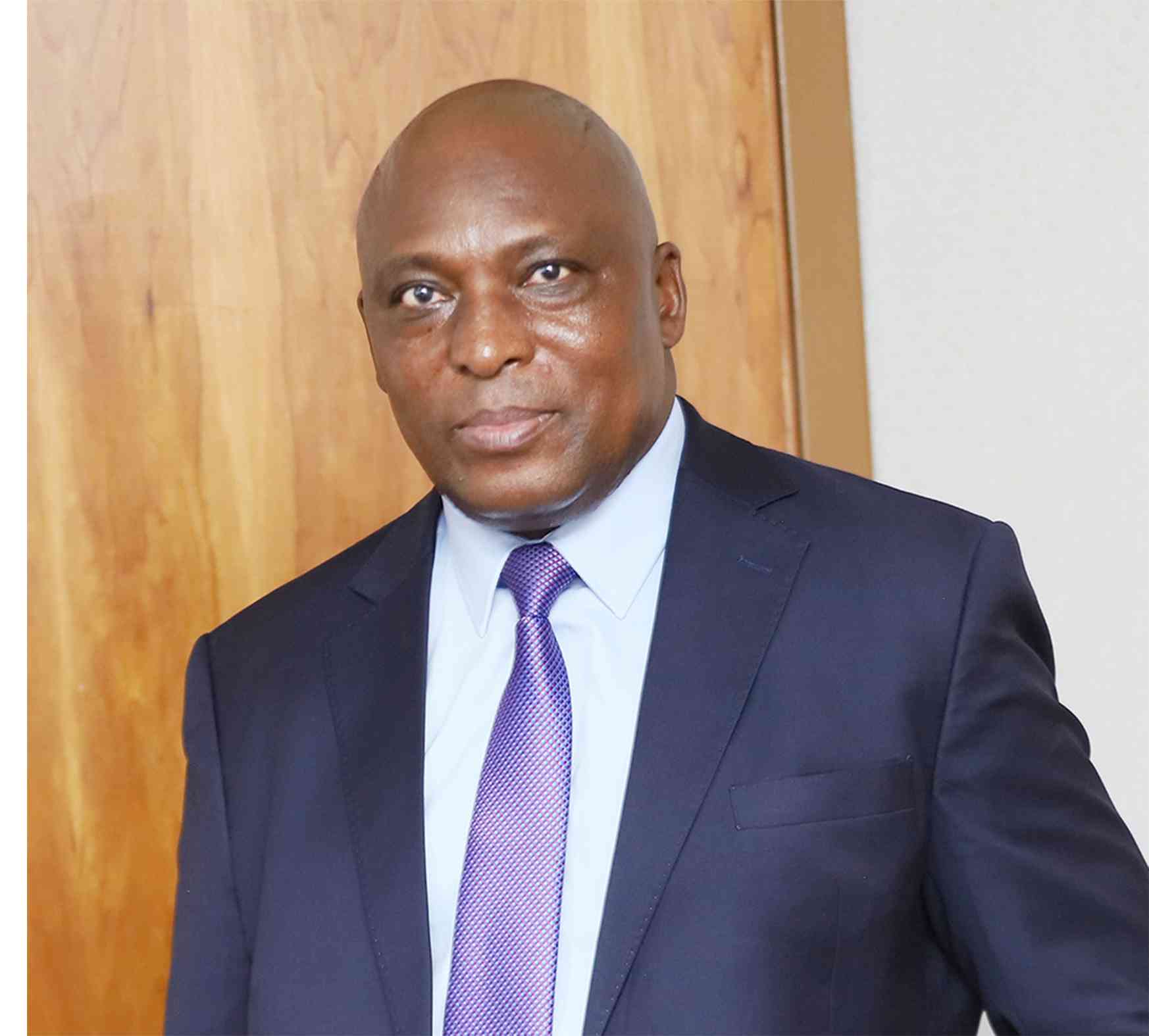
Eye-opening visit to observe Kenyan elections
FROM August 8 to 11, 2022, Walpe staff and aspiring women leaders with support from Diakonia observed the Kenyan general elections.
The visit was an educational experience to learn and adopt the best practices that can help increase the number of women in political participation as both candidates and voters in electoral processes.
From observations on the election day, the participation of women as candidates in higher positions was worrisome as the presidential position did not have a female representative though three of the four presidential candidates had female running mates.
Interactions with local Kenyans highlighted that many women stood as candidates in these plebiscites, unfortunately, most of them were fielded in male-dominated constituencies and counties making it difficult for them to win.
It was also noted that there was an increase in the number of women participating as voters as compared to the previous elections.
There were 22 120 458 registered voters out of a population of 56 261 993, while those who voted were 14 380 221 translating to a voter turnout of 65% according to Kenya’s elections governing authority the Independent Electoral and Boundaries Commission (IEBC).
To note also was that the elections were held in a generally peaceful environment with sporadic cases of violence which allowed female candidates to campaign freely.
- Chamisa under fire over US$120K donation
- Mavhunga puts DeMbare into Chibuku quarterfinals
- Pension funds bet on Cabora Bassa oilfields
- Councils defy govt fire tender directive
Keep Reading
Aspiring female candidates from Kenya who met with the Walpe team highlighted some of the strategies they used to excel and challenges they faced and how they overcame.
Major highlights were that the IEBC system is sensitive to different groups of society, that is prisoners and people living in the diaspora are allowed to vote.
This is something that the Zimbabwe Electoral Commission (Zec) can adopt and incorporate in future elections.
It was also noted that media houses were allowed by the IEBC to announce results as they came as this helps with transparency.
Walpe can also learn and incorporate inclusion of prisoners and people living in the diaspora in its programming and advocacy work for electoral activities. –Walpe
Cala: Where did we go wrong
EDUCATION is one of the fundamental rights of every citizen according to section 75 of the Constitution.
It is in this regard that I am writing to bring to your attention the painful reality that the Continuous Assessment Learning Activity (Cala) has brought to some of the learners as well as parents.
Having been born out of the new curriculum and implemented first in 2021, Cala seems to have been implemented prematurely.
This is because from the look of things, those who are mostly affected, that is students, are actually unaware of the reasons for having them in the first place.
Government, through the Primary and Secondary Education ministry, has not done enough in as far as educating students as well as parents about the objectives and benefits of Cala.
The way Cala was implemented last year leaves a lot to be desired.
Most students feel Cala is just another government project forced on them.
They feel oppressed and burdened, but because they want to pass, they have no choice but to do them.
Lack of proper consultation on Cala has led to some teachers taking advantage of parents, where they demand payment so that they do the Cala on behalf of learners.
Cala was formulated so that learners put into practice what they would have learnt, but when a teacher does the Cala on behalf of learners for money, it defeats the whole purpose of having them. –Phillip Musindo
Govt must help foster peaceful, tolerant, free society
ON August 1, 2022, the Zimbabwe Human Rights Commission (ZHRC) published a statement against hate speech and incitement to violence.
The statement addresses hate speech and incitement to violence particularly from political actors. It reads:
The Zimbabwe Human Rights Commission (ZHRC) is one of the five Chapter 12 independent commissions supporting democracy in Zimbabwe.
It is established in terms of sections 232(b) and 242 of the Constitution and operationalised by the Zimbabwe Human Rights Commission Act [Chapter 10:30].
The mandate of the commission outlined in sections 233 and 243 of the Constitution includes supporting and entrenchment of human rights and democracy.
The commission has noted with great concern recent political statements in the form of sloganeering and hate speech by some reckless and unscrupulous political actors that have the tendency of disturbing the peace and personal security of other people.
In its previous public statements, the commission expressed its aversion to continued churning out of intolerance to diversity through increased incidents of hate speech and incitement to violence as reported then in both social and mainstream media in Zimbabwe.
This statement is being made to bring the attention of political actors and others to the fundamental rights and freedoms enshrined in the Bill of Rights which should be respected and upheld by all without distinction.
As enshrined in section 3 of the Constitution, Zimbabwe is founded on values and principles of good governance, equality of all human beings, and the rule of law among others.
In particular, the principles of good governance, which bind the State include:
- A multi–party democratic political system
- Respect for the rights of all political parties, and
- Due respect for vested rights
It is, therefore, a flagrant violation of human rights enshrined in the supreme law of the land for any person to make pronouncements that threaten, intimidate, and incite violence against persons of a different political affiliation or persuasion.
As stipulated in section 67 of the Constitution, every Zimbabwean citizen has the right:
- To make political choices freely
- To form, to join and to participate in the activities of a political party or organisation of their choice
- To campaign freely and peacefully for a political party or cause, and
- To participate in peaceful political activity.
Threats of violence and/or murder of political opponents, or any person for that matter, are a clear and blatant violation of the right to life and right to personal security provided in sections 48 and 52 of the Constitution, respectively.
Such threats, when taken in the political context, are inciteful and inflammatory in nature with the real danger of degenerating into widespread violence, injuries, loss of life and destruction of property.
It is, therefore, irresponsible and dangerous for political actors to make such careless and hateful pronouncements.
Human rights and freedoms are guaranteed in the Constitution, which is the supreme law of the land.
In line with section 44 of the same Constitution, ZHRC is calling upon every person, every institution, and every agency of government at every level to respect, protect, promote, and fulfil the rights and freedoms set out in the Declaration of Rights.
The commission particularly calls upon the government of Zimbabwe, as the primary duty bearer to, not only guarantee the security of every Zimbabwean, but take measures to achieve that.
The ZHRC, in line with its mandate, is following up on these incidents and investigating to verify facts in order to determine the next course of action.
National development goals and the enjoyment of fundamental human rights and freedoms can only be possible in a peaceful, tolerant, and free society.
Competition for political office/s should, therefore, be based on the desire to improve the standard of living for all Zimbabweans and not to undermine each other. – ZHRC






